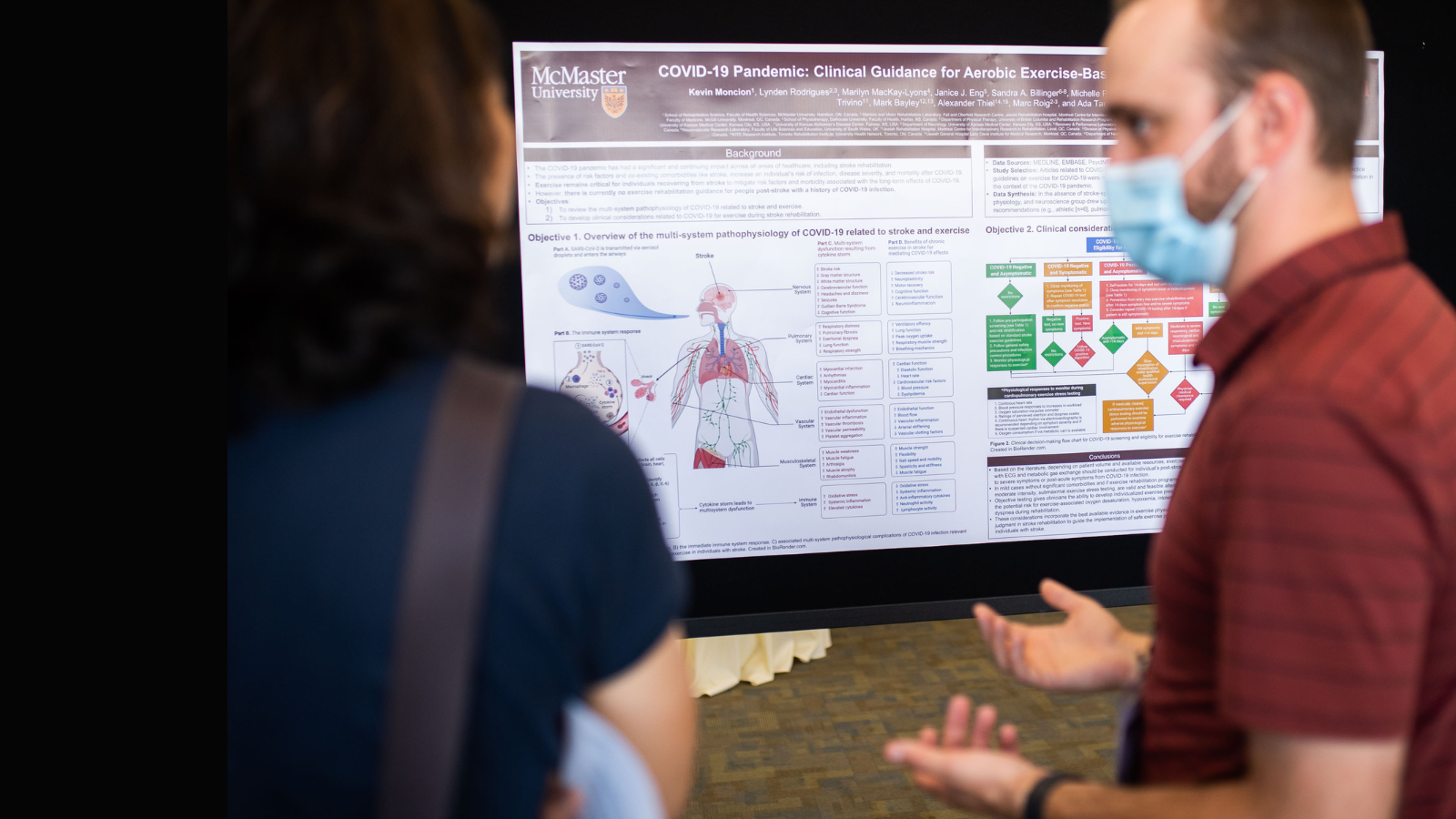Calls for Papers
Opportunities to publish scientific research on topics in the field of aging.
Open calls for academic papers
Last updated: October 17, 2025
An updated list of academic and scientific journals actively seeking submissions on aging research topics.
Dialogues in Clinical Neuroscience: Epigenetics
submission deadline: November 30, 2025
Special issue: The Aging Brain: Geriatric Neuropsychiatry in Aging, Cognition, and Mental Health
Understanding geriatric neuropsychiatry is critical to addressing the challenges of cognitive decline, late-onset neuropsychiatric disorders, and epilepsy in older adults. These conditions are not only underdiagnosed but often misattributed to primary psychiatric or neurodegenerative diseases, leading to inadequate treatment strategies. Additionally, older adults are more susceptible to medication-induced neuropsychiatric side effects, emphasizing the need for tailored, evidence-based therapeutic approaches. Research in this field remains limited, leaving significant gaps in knowledge regarding the neurobiological underpinnings, biomarker development, and optimal treatment paradigms for aging-related neuropsychiatric conditions. By fostering interdisciplinary research and advancing clinical understanding, this collection aims to bridge these gaps and improve the overall well-being of the elderly population. This Article Collection will explore the multidimensional nature of geriatric neuropsychiatric diseases and conditions, with a particular emphasis on its implications, diagnosis, and treatment
The International Journal of Population Data Science
submission deadline: November 30, 2025
Special issue: Linked data across the life course: Leveraging data for health and wellbeing
The International Journal of Population Data Science (IJPDS) is pleased to invite submissions for a special issue on the theme of “Linked Data Across the Life Course: Leveraging Data for Health and Wellbeing.” This call of papers is aligned with WHO’s framework on operationalizing a life course approach.
The International Journal of Population Data Science
submission deadline: November 30, 2025
Special issue: Linked data across the life course: Leveraging data for health and wellbeing
The International Journal of Population Data Science (IJPDS) is pleased to invite submissions for a special issue on the theme of “Linked Data Across the Life Course: Leveraging Data for Health and Wellbeing.” This call of papers is aligned with WHO’s framework on operationalizing a life course approach.
The Journals of Gerontology, Series A: Biological Sciences and Medical Sciences
submission deadline: December 1, 2025
Special issue: Animal Models of Frailty
The development of techniques to measure frailty in animal models has greatly accelerated research into the biology of frailty. Reverse translation of frailty assessments from humans to mice, rats, dogs, and other mammals has allowed for the study of frailty in preclinical models. This has prompted investigations into fundamental mechanisms involved in the development of frailty, including inflammation, metabolism, and other aging hallmarks. In addition, many investigators are now exploring novel approaches to prevent, delay, mitigate, or even reverse frailty. This special issue will review major developments that have been advanced with the use of animal models of frailty.
nature
submission deadline: December 1, 2025
Collection: Healthy Aging
We are interested in submissions based on studying preclinical models, as well as population-wide and clinical studies. Studies that advance our understanding of mechanisms behind healthy aging are also welcomed. Clinical research of interest will include epidemiological studies, observational studies, longitudinal cohort studies, systematic reviews and clinical trials. Please check the scope of the journal you plan to submit to, as submissions need to be within scope for the journal to which they are submitted. Regarding different article types, Communications Biology and Communications Medicine will consider original Articles, Reviews and Perspectives. Nature Communications and Scientific Reports will consider original Articles only.
Drug, Healthcare and Patient Safety
submission deadline: December 31, 2025
Special issue: Medication safety in geriatric populations
With the increasing older adults globally, there is a greater need to understand medication safety issues as older adults are often excluded in randomized trials. In addition, the complexity of chronic care for older adults often leads to polypharmacy and potentially inappropriate medication use, which can result in drug-induced diseases, adverse drug reactions, drug interactions, cognitive impairment, falls, hospitalization, and mortality. This Article Collection aims to address these challenges by bringing together the latest research and clinical insights to improve medication safety in geriatric populations.
BMC Medicine
submission deadline: January 29, 2026
Special issue: Healthy aging and longevity: the role of preventive medicine and risk factors
Calling for submissions on healthy aging and longevity, emphasizing the interplay between physical, cognitive, and social functioning that enables an average lifespan under ideal conditions. As populations age globally, the research focus has shifted from increasing lifespan to enhancing “healthspan”—the period of life spent in good health. This Collection seeks to explore innovative approaches and cutting-edge research in areas such as healthy aging, preventative medicine, and the role of risk factors in promoting longevity.
The Journals of Gerontology, Series A: Biological Sciences and Medical Sciences
submission deadline: February 1, 2026
Special issue: How HIV Affects the Hallmarks of Aging: From Bench to Bedside
Given the multifaceted intersectionality of aging with HIV, the opportunity to study and clarify these relationships and to learn from similar life experiences is fundamental. This special issue invites cutting-edge research and review articles at the intersection of aging with HIV.
npj | aging
submission deadline: March 9, 2026
Article collection: Healthy eating and dietary intervention to promote longevity and prevent age-related diseases
This special collection seeks to highlight cutting-edge research that elucidates how dietary strategies can be optimized to delay aging and its associated pathologies, bridging mechanistic insights from preclinical models to translational applications in humans. The editors particularly encourage submissions employing innovative methodologies—such as multi-omics integration, AI-driven dietary pattern analysis, or wearable technology for monitoring dietary adherence. By synthesizing evidence across species and study designs, this collection will advance our understanding of diet as a cornerstone of healthy aging.
CyTA – Journal of Food
submission deadline: March 31, 2026
Article Collection: Antioxidant Properties of Natural Products for Healthy Aging
This Article Collection will cover new interdisciplinary approaches and novel research in the field of nutrition and aging for healthy longevity via natural products. This includes the identification and characterization of bioactive molecules and the mechanisms for the decrease in the gradual deterioration of physiological integrity that characterizes aging. The emphasis will be on natural compounds with antioxidant and other properties with impact on aging. Also included are the extraction processes, the compound stability when incorporated into foods, and their bioavailability when consumed. Exploration of new metabolites with such bioactivity is of interest not only in food production but also in the cosmeceutical and supplement industries. Natural compounds obtained using green technologies from sustainable sources and available in commercial quantities are preferred.
Clinical Interventions in Aging
submission deadline: April 1, 2026
Article Collection: Hormone Replacement Therapy in Aging – Benefits, Risks, and Clinical Considerations for Older Adults
For eligible patients, hormone replacement therapy (HRT) has revolutionized aging-related healthcare, offering significant benefits in restoring hormonal balance, alleviating menopause and andropause symptoms, reducing osteoporosis and cardiovascular risks, and ultimately enhancing health span and quality of life for older adults. Given the importance of HRT in aging medicine, Clinical Interventions in Aging invites submissions of original research articles, reviews, and perspectives exploring the mechanisms of action, clinical efficacy, safety, and real-world application of these transformative therapies. This collection is focusing on breakthrough therapies, drugs, or technologies that have significantly altered the standard of care, leading to game-changing improvements in patient outcomes.
The Journals of Gerontology, Series A: Biological Sciences and Medical Sciences
rolling
Special issue: Translational geroscience
Recurring section dedicated to translational geroscience.
The Journals of Gerontology, Series A: Biological Sciences and Medical Sciences
rolling
Special issue: Translational geroscience
Recurring section dedicated to translational geroscience.

